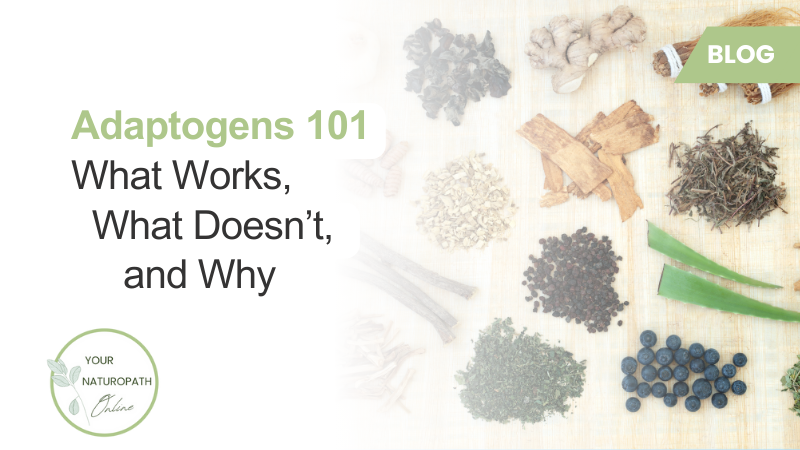Covid Heart Health Spotlight
- Tanya Kurzbock

- May 18, 2022
- 4 min read
I have seen a lot more cardiovascular damage lately, and while medical authorities refuse to blame the vaccinations as the trigger, the fact remains that people need more support for heart health.

Your heart and blood vessels, including arteries and veins, work together to pump blood, delivering essential nutrients and oxygen, to the tissues and organs of the body. High blood pressure occurs when the pressure that is exerted on the arteries is unusually high. Normally this arterial blood pressure should be around 120 mmHg. If it is consistently higher than 130 mmHg, you may have a problem controlling blood pressure. High blood pressure causes the heart to work harder, and is a risk factor for several serious health problems including heart attack and stroke.
Cardiovascular disease is the leading cause of death in Australia and New Zealand, accounting for up to 30% of all deaths. Although this chronic health condition affects a large number of the population, the good news is that cardiovascular disease is preventable. Now is the time to look after your heart and stay healthy for the future.
Steps to a healthy heart
Follow a healthy eating plan:
Eating a balanced diet can reduce your risk of cardiovascular disease. Ask your Practitioner to tailor a dietary plan suited to your individual needs. Here are a few tips to get you started. Don't have one? Book a call here:
• Eat a minimum of 3 cups of vegetables and 2 pieces of fruit every day. Vegetables and fruits are very high in nutrients and beneficial dietary fibre. This may reduce the risk of developing many types of chronic disease, including heart disease.
• Eat a handful of nuts and seeds and up to 2 tablespoons of healthy oils daily. ‘Good fats’ from foods such as fish, nuts, seeds and cold pressed vegetable oils (e.g. olive oil) are an important part of a healthy diet. Remember, these dietary fats are especially good for your heart and can help you maintain a healthy weight.
• Include protein-rich foods in each meal or snack. Protein is essential for health, so make sure you choose good protein sources such as free-range chicken breast, fish, tofu, eggs and legumes with every meal.
• Drink a minimum of 8 glasses of pure water daily. Aim to substitute soft drinks, fruit juices, cordials and other sweetened drinks with water.

Enjoy daily movement and exercise:
Being active everyday shouldn’t be seen as a chore. Regular exercise helps reduce excess weight and improves body composition (e.g. helps improve muscle mass), as well as benefits mood and overall health. Find ways to be active for 30 minutes or more on most days.
Relax and have fun:
Stress strongly affects every system in your body, especially your heart! Long-term or poorly managed stress can have serious health consequences. Manage your stress by taking time out each day to relax and do something you enjoy.
Make some key lifestyle changes to keep your heart healthy:
• Get regular health check-ups.
• Limit alcohol consumption.
• Quit smoking.
• Maintain a healthy weight.
Steps to a healthy heart
Natural supplements to help support your heart:
Your Practitioner may also recommend some specific natural supplements to help keep your heart in top shape. These may include:
• Coenzyme Q10: (CoQ10) may be used to support healthy cardiovascular function, maintain optimal energy levels, and reduce oxidative stress caused by free radical damage, which is a driving factor of cardiovascular disease. (CoQ10) can also help reduce blood pressure, and is an important supplement if you are currently taking cholesterol lowering medication.
• Omega-3 Essential Fatty Acids: Fish oil, krill oil and algal oil are valuable sources of essential fatty acids, which have been shown to lower triglyceride levels and improve the ratio of HDL vs. LDL cholesterol. They are also well known for their anti-inflammatory effects - all of which are beneficial for cardiovascular health.
• Taurine: An amino acid that works together with magnesium to support the health of the heart and cardiovascular system. It also has a positive effect on the nervous system, and therefore may assist with stress-induced high blood pressure.
• Magnesium: An essential mineral that is necessary for the health of your muscles and nervous system. It helps to relax the wall of the blood vessels, which can help to lower blood pressure. The type of magnesium supplement you choose is very important, as some forms of magnesium are not well absorbed and may cause digestive upsets and diarrhoea. Magnesium bisglycinate is a form of magnesium that is very well tolerated and well absorbed, and is therefore ideal for blood pressure management.
• Hawthorn and Purple Sage: These herbs promote blood flow to the heart and are used in both Traditional Chinese Medicine and Western herbal medicine to support cardiovascular health.
• Tocotrienols: These are a member of the vitamin E family. The combination of tocotrienols and specific citrus bioflavonoids have been shown to help balance cholesterol levels without the negative side effects of some cholesterol lowering treatments. Both are potent antioxidants that help support cardiovascular health.

Get a personalised approach to your health and book an appointment today - I work with people all over the world and I would love to connect to support you to better health!
Tanya Kurzbock
AdvDip Naturopathy
AdvDip Nutritional Medicine
AdvDip Western Herbal Medicine
Radiant Light Yoga Instructor level 2









Comments